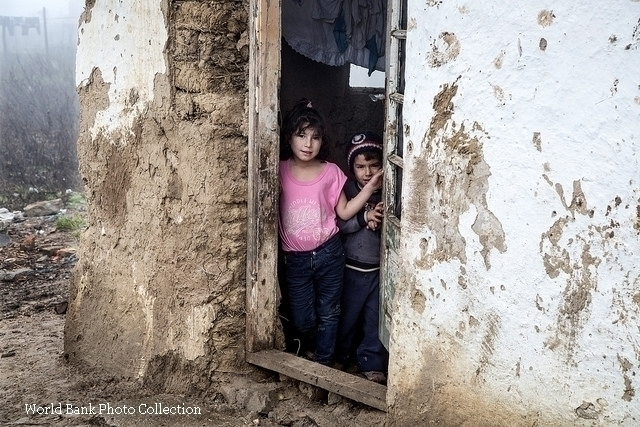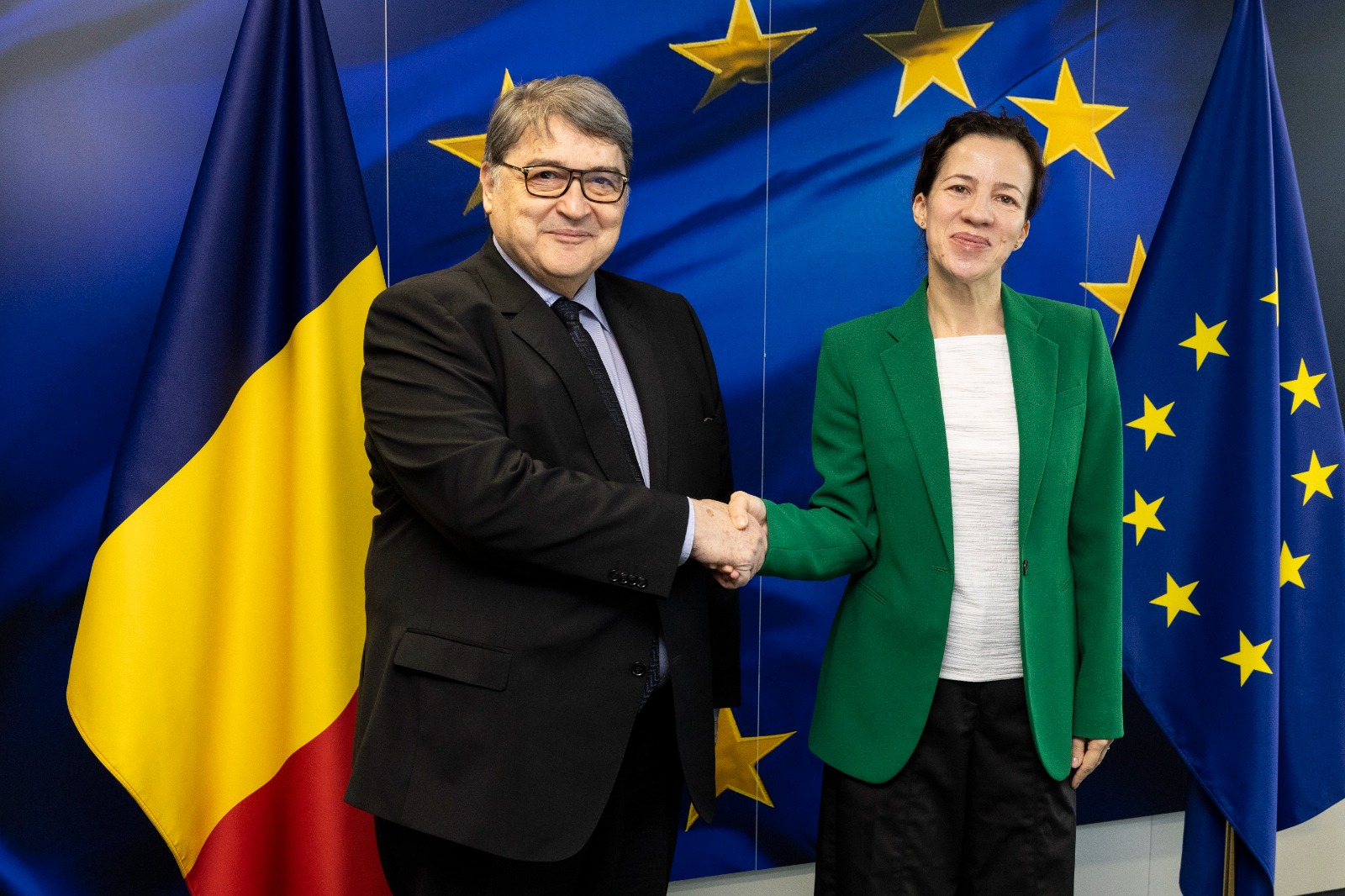Levels of inequality in EU countries
The levels of inequality in the EU countries are higher than they were 30 years ago.

Mihai Pelin, 26.11.2019, 13:50
EU member states remain confronted with levels of inequality that are higher than they were 30 years ago, and which are a threat to sustainable development and to the implementation of the 2030 Agenda, that includes ambitious objectives such as gender and race equality, eradication of poverty, total abolition of violence and hatred. This is the worrying conclusion of a recent EU Council report.
The Council notes that inequality is a major brake on the eradication of poverty and sustainable economic growth. It can threaten democracy, social cohesion and inclusion, resilience and stability. Inequality can also exacerbate environmental degradation, climate change as well as forced displacement and may contribute to irregular migration. According to the report, climate change and environmental degradation threaten to undermine the ability of countries to achieve sustainable development, manage natural resources sustainably and eradicate poverty and inequality in its various forms.
The Council reaffirms that human rights, good governance and the rule of law are key to empowering and supporting people in vulnerable situations and form the best foundation for peaceful and inclusive societies, and underlines the vital importance of enabling democratic processes, which also have the capacity to prevent and manage conflicts and enable stable and peaceful societies.
The EU Council recommends investing more in human development, particularly in health and inclusive and accessible quality education for all, including basic education, vocational education and training, as well as higher education, while promoting cross-sectoral approaches to maximise the efficiency of these investments, supporting sustainable and universal social protection systems, providing universal access to basic services and supporting innovative social practices, supporting the creation of decent jobs in particular for young people and for those living in poverty and working in the informal sector, as well as full employment for women.
The report also highlights inequalities in terms of incomes. According to Eurostat, in 2017 Romania was among the countries with the highest inequality of incomes, after Bulgaria, Lithuania and Spain. The EU Council report also underlines the importance of strengthened partnerships with international partners, the private sector, academia, civil society and other relevant stakeholders. In the opinion of the EU leaders, equality and solidarity are some of the most important values and principles of the European Union. (Translated by Elena Enache)






























